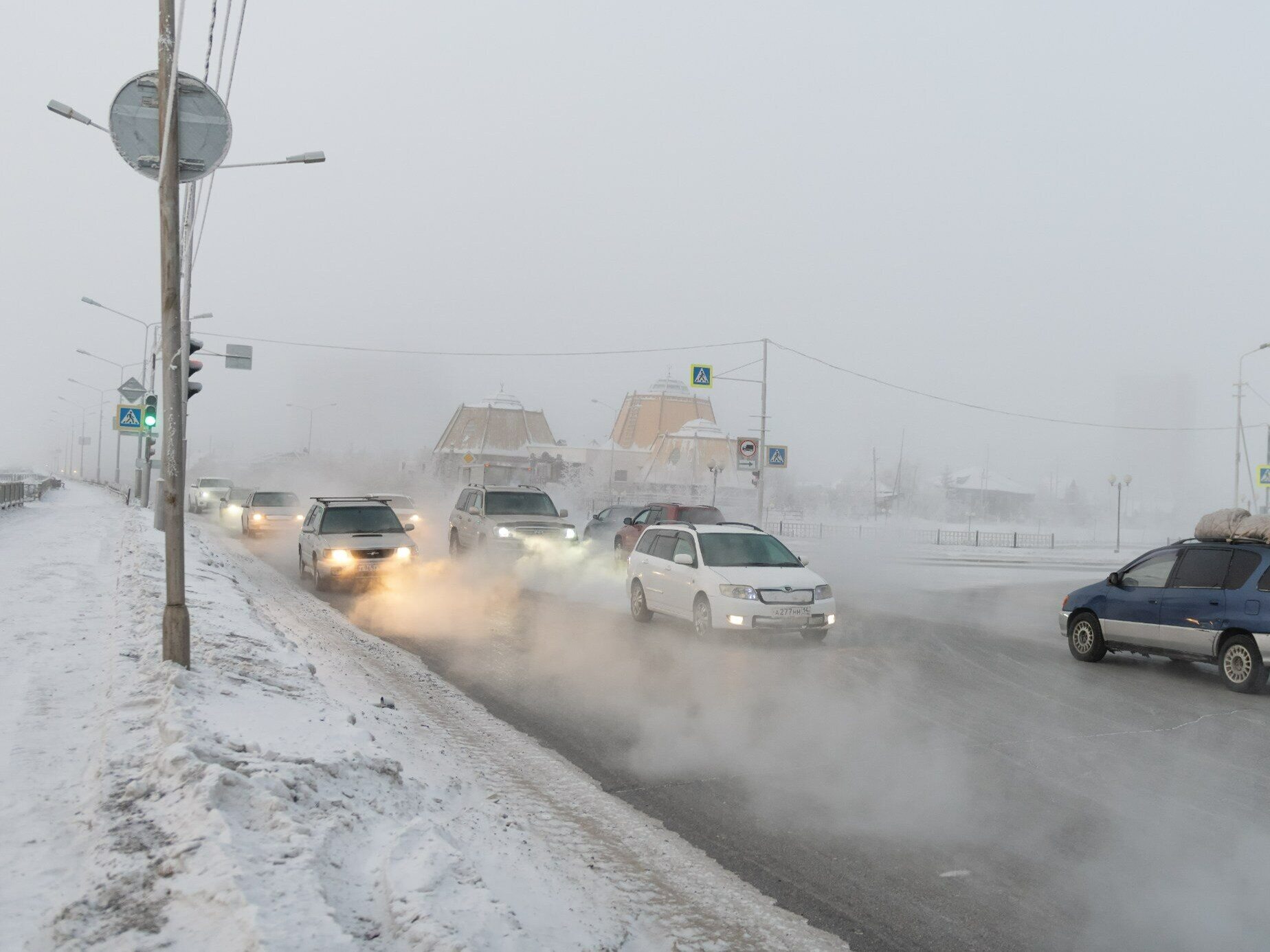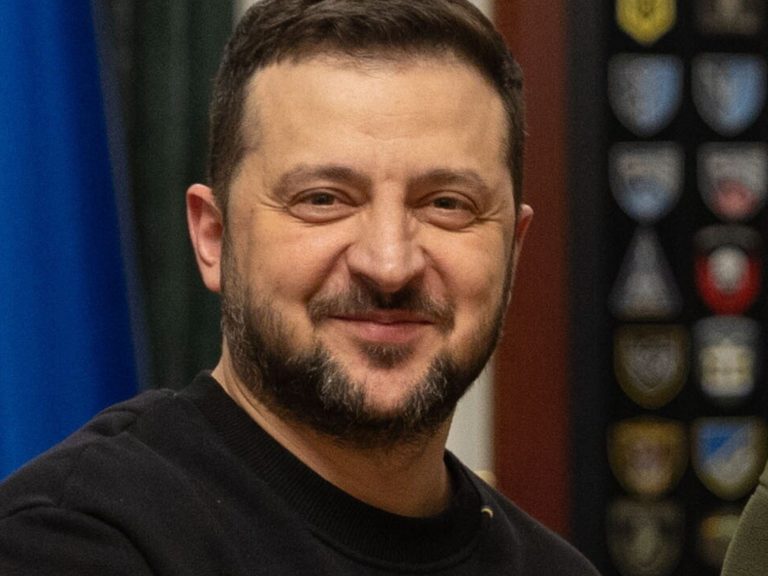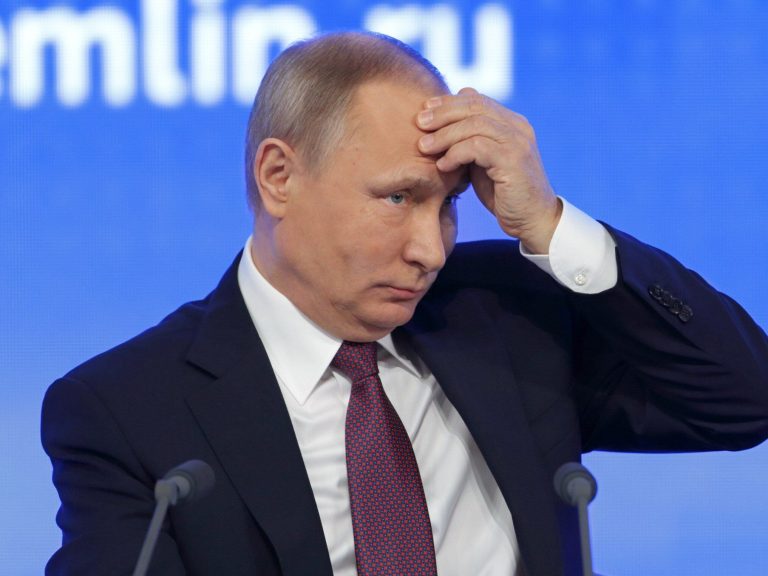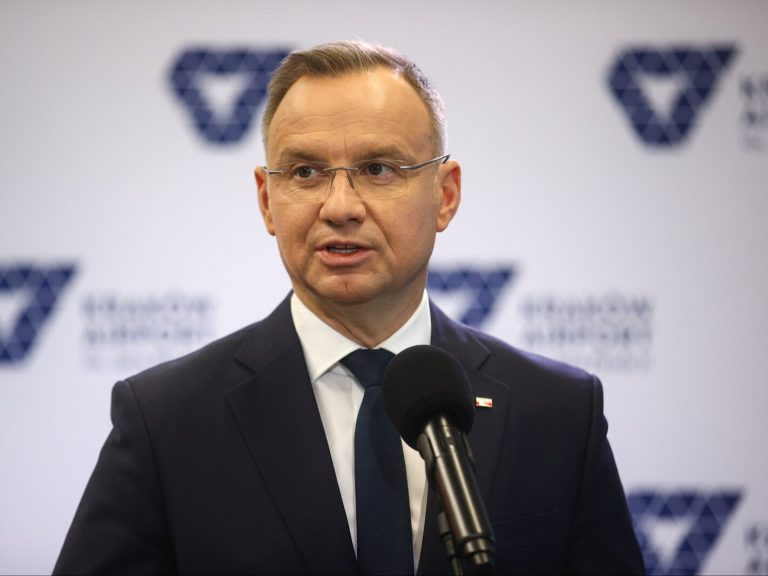Frosts destroy infrastructure in Russia. Field kitchens returned to the streets

Russia experienced a harsh winter that tested its infrastructure. As a result of numerous failures, the country’s authorities had to resort to solutions from the previous era.
One of the coldest winters in recent years attacked the inhabitants of the Russian Federation. It turned out to be an overwhelming challenge for the infrastructure, which often dates back to Soviet times. Cracking hot water pipes, lack of electricity and heating – these are the problems Russians are currently struggling with.
Field kitchens save Russians from hunger and cold
As reported by Reuters, two weeks before the presidential elections, problems have emerged throughout Russia, causing complaints among citizens. In Novosibirsk, the city’s main pipe burst and 13 people suffered burns. Many apartment blocks have no heating. In Nizhny Novgorod, steaming water flooded numerous apartments, completely destroying them.
Even closer to Moscow, in Klimovsk, a failure deprived dozens of buildings of central heating. Helpless people were forced to gather around a wood-fired field kitchen. According to The Telegraph journalists, however, this does not make Russians want to turn their back on President Vladimir Putin. They still consider him a strong, competent leader.
Russians undeterred by outdated infrastructure?
Most people in Russia still agree to put military needs above civilian ones. They are not outraged by the shift of the economy to war purposes and the protracted war with Ukraine. Even though the bursting pipes in Novosibirsk were laid in 1963 and 1973, and the last maintenance work there dates back to 1990, before the collapse of the Soviet Union.
According to military experts, instead of modernizing its own infrastructure, Russia is preparing to destroy the infrastructure in Ukraine again. “Russia will expand bombing of civilian infrastructure, including energy facilities, in an attempt to inflict further suffering on civilians during the cold winter months,” according to the findings of Western intelligence, cited by CNN. The station, based on information from two Western officials and a senior U.S. military official, says the front line is unlikely to change significantly in the coming months.
The situation may not change until the presidential elections in Russia. This stagnation and freezing of the conflict is expected to last until March 2024, which works to Vladimir Putin’s advantage. It also turns out that the Russian leader takes the US presidential elections into account in his strategy. “Next year’s elections remain a key factor that top Western national security, intelligence and diplomatic officials say will influence Putin’s decisions regarding Ukraine,” CNN reports.






